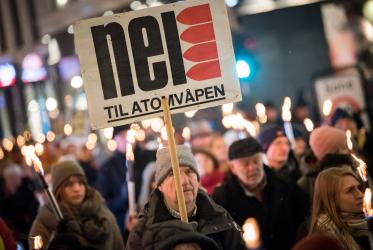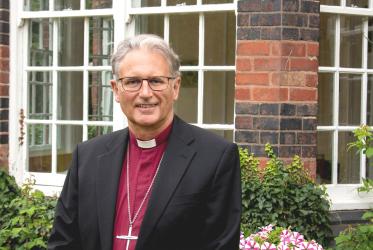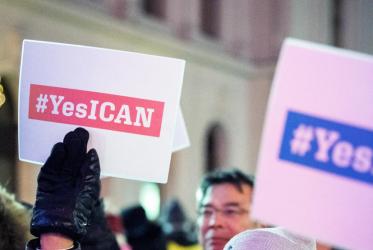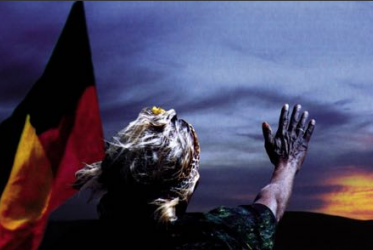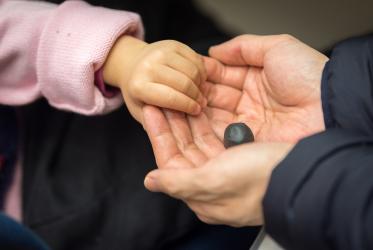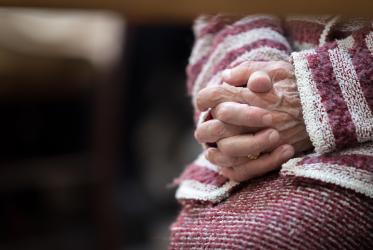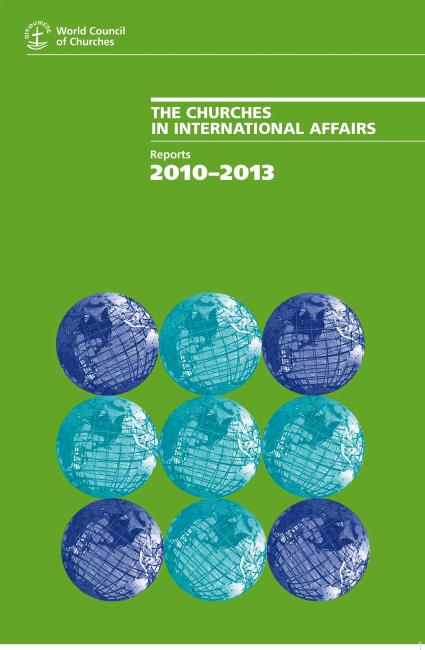Displaying 61 - 80 of 469
Webcast: "WCC partners welcome the entry into force of the Treaty on the Prohibition of Nuclear Weapons”
27 January 2021
Online - https://www.oikoumene.org/live
“Coventry Cathedral continues to speak a word of hope to the world”
10 December 2020



